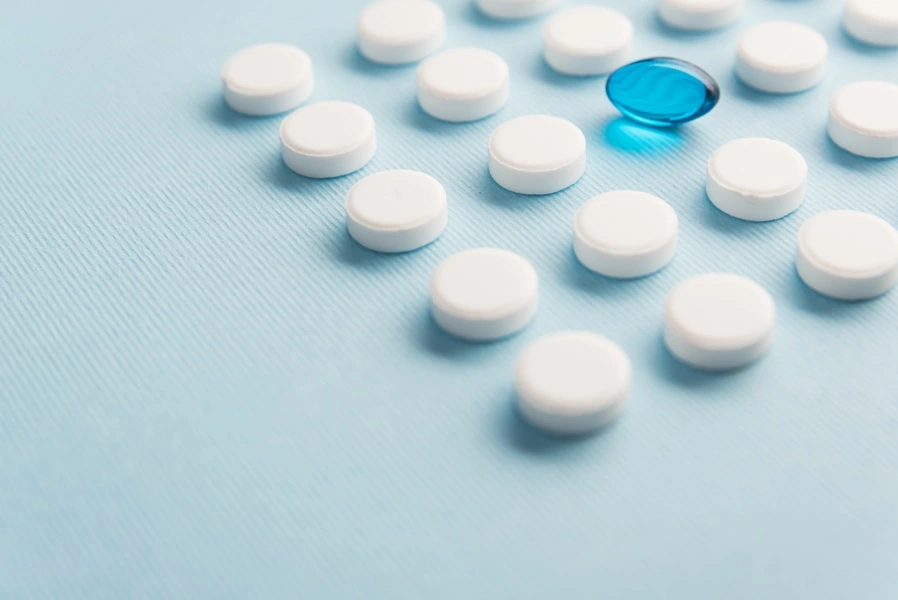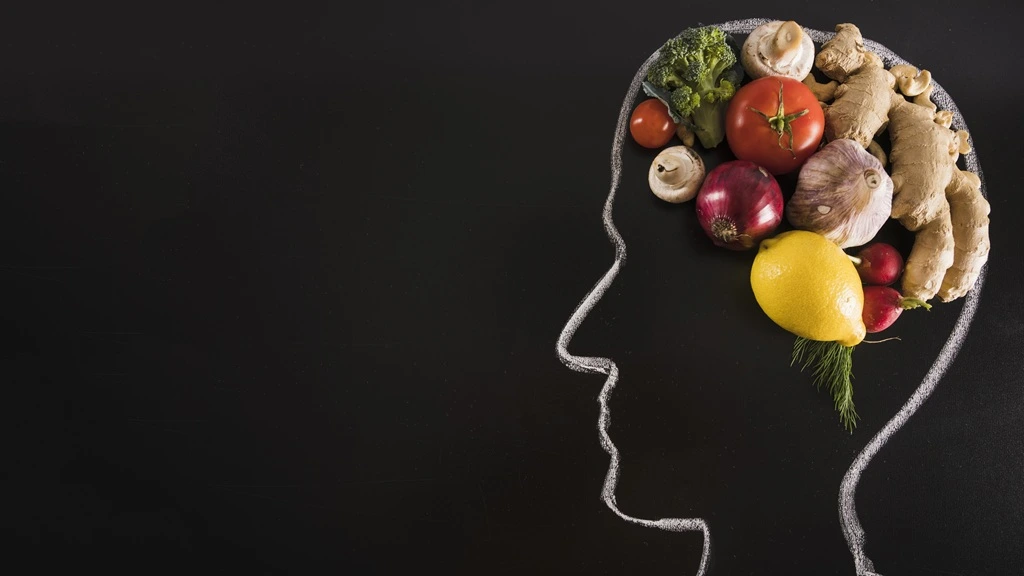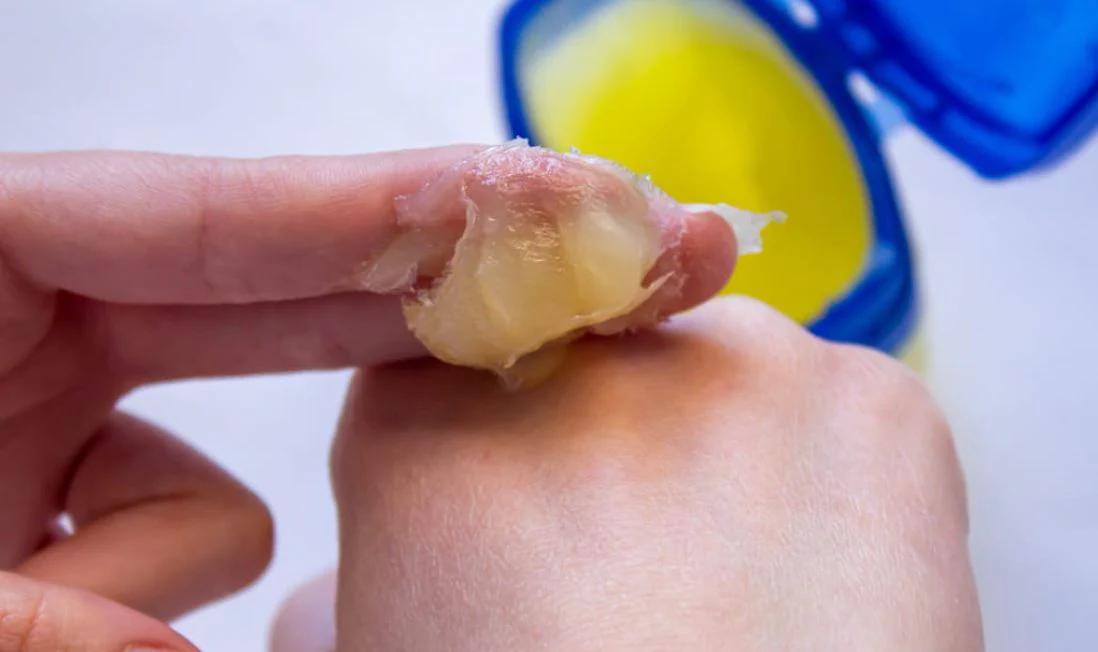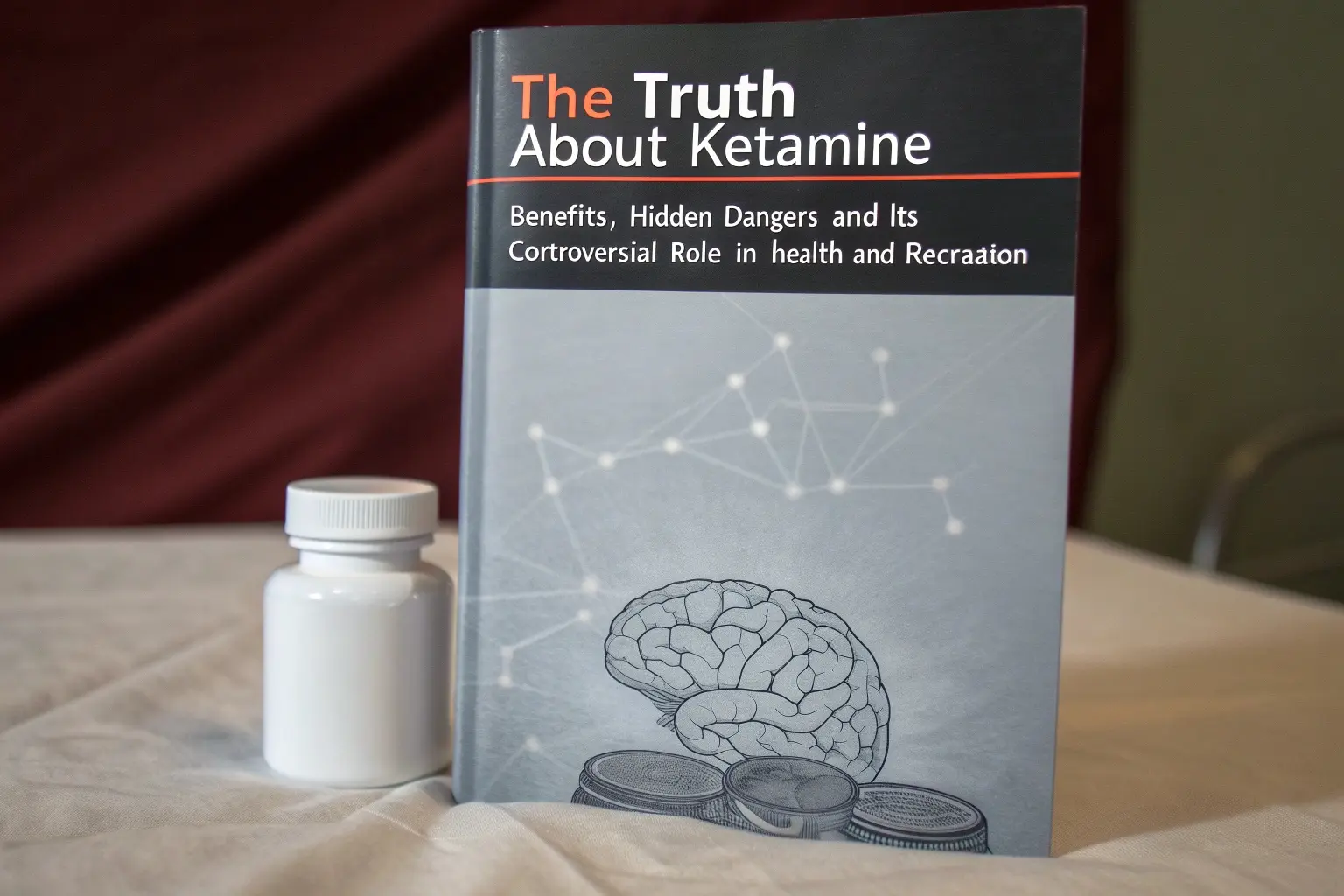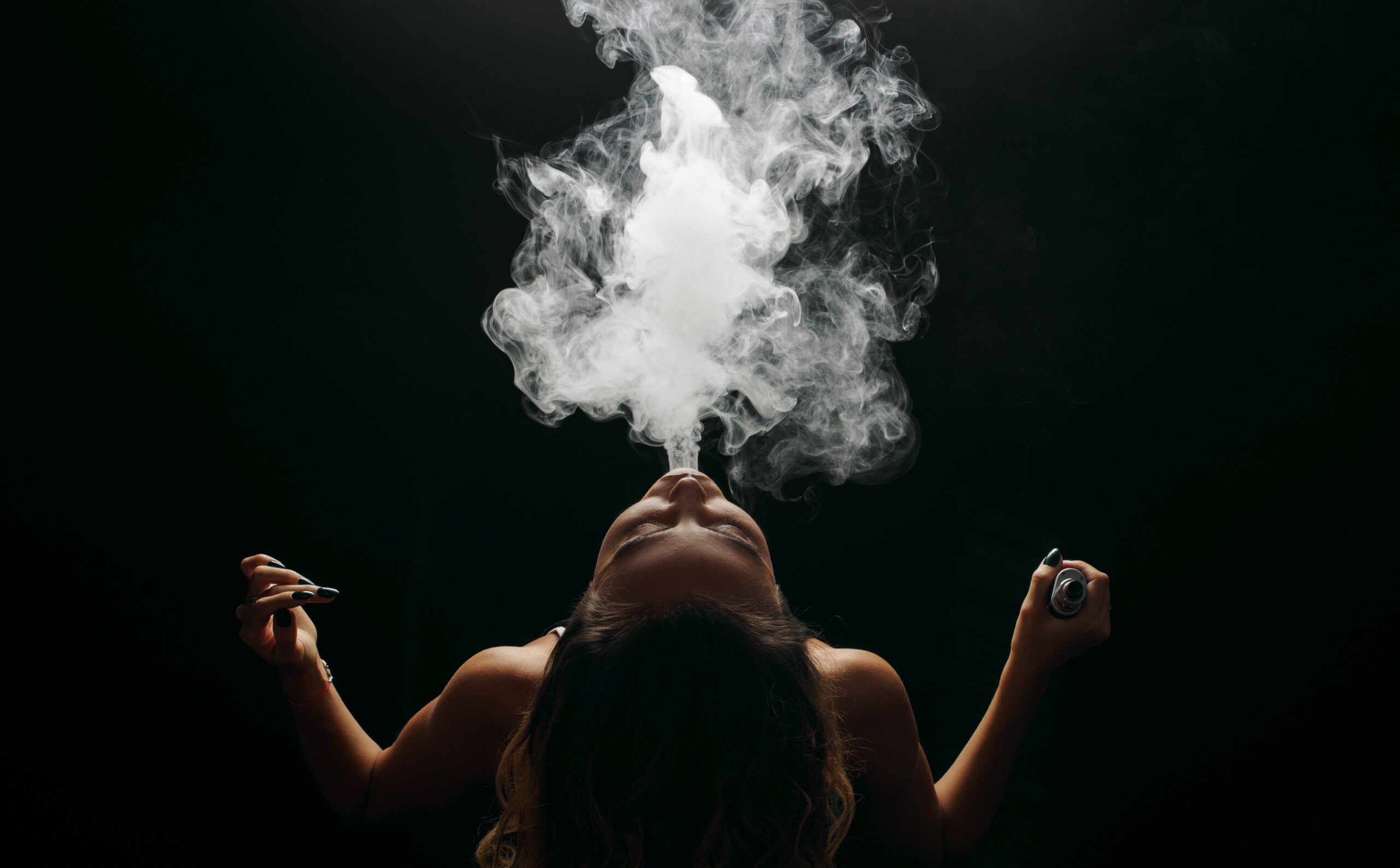More Than a Virus: What HPV Taught Me About Shame, Health, and Healing
Facing fear and stigma with honesty and strength leads to healing, empowerment, and a new way of owning your health

When I was first told I had HPV, I felt like the ground dropped beneath me. My doctor said it so calmly, so clinically, like she was telling me I had a mild cold or seasonal allergies. But for me, it felt like a scarlet letter. I had no idea what living with HPV would truly mean. My heart was pounding. I was embarrassed, confused, and honestly, a little afraid. Even though I’d heard of HPV before, I didn’t really know what it meant to have it. What I did know was that I felt ashamed — and that I didn’t want anyone to know.
How Common is HPV?
It turns out I wasn’t alone. According to the CDC, nearly 85% of sexually active people will get HPV at some point in their lives. That statistic shocked me. If it’s that common, why didn’t anyone talk about it? Why did I feel like I was walking around with this dark secret, like I had done something wrong?
What Happens After an Abnormal Pap Smear?
I had gone in for a routine Pap smear — nothing out of the ordinary, just being responsible about my health. A week later, my doctor called to say the test showed abnormal cervical cells and that I tested positive for HPV. Suddenly, the abstract concept of living with HPV became my reality. I didn’t even know what type I had. There are over 100 types of HPV, and while most are harmless and clear up on their own, some — particularly types 16 and 18 — are considered high-risk and can lead to cervical cancer. Others can cause genital warts. My doctor reassured me it wasn’t cancer, but it still felt like a red flag for my body, like it was trying to tell me something wasn’t right.
What is the Emotional Impact of an HPV Diagnosis?
What followed were months of questions, follow-up appointments, and googling symptoms late at night. That was maybe the worst part — getting lost in the Internet vortex of worst-case scenarios. But the truth is, most people who get HPV never know they have it, and in most cases, the immune system clears it naturally within two years. It’s often symptomless. Silent. And yet the emotional weight it carries — especially for women — is massive.
How Does the Stigma Around HPV Affect People?
There’s this cultural stigma around HPV and other sexually transmitted infections that makes you feel like you’re dirty, irresponsible, or promiscuous. And that couldn’t be further from the truth. I’ve always been careful. I’ve always used protection. But HPV isn’t stopped by condoms alone — it’s spread by skin-to-skin contact, and even people with only one lifetime partner can get it. That fact alone helped me breathe a little easier, but it didn’t erase the shame I felt every time I thought about having to tell someone.
Should You Tell Your Partner You Have HPV?
And yes, I’ve told partners. The conversations were awkward and uncomfortable, but they were necessary. I decided early on that if I was going to carry this experience, I wasn’t going to do it in silence. I didn’t want to be another woman suffering quietly while pretending everything was fine. And I was surprised, honestly, by how understanding people were — especially when I could explain that HPV is incredibly common, and that I was being proactive about my health.
What Does HPV Treatment and Monitoring Involve?
For me, treatment meant monitoring. I didn’t need surgery, but I did need to come in every few months for Pap smears and colposcopies to make sure the abnormal cells didn’t progress. My experience showed me that managing HPV with treatment is often a proactive process of watchful waiting. It’s nerve-wracking, but it also gave me a new sense of respect for my body. I realized how important it is to get regular screenings, to listen to my body, and to advocate for my own care. I started taking better care of myself overall — eating better, moving more, managing stress. I wasn’t just treating HPV. I was healing from the inside out.
Can the HPV Vaccine Help?
There are vaccines now, too — something I didn’t have access to as a teen. The HPV vaccine (like Gardasil 9) can protect against the types most commonly linked to cancer and genital warts. It’s recommended for boys and girls starting at age 11 or 12, but adults up to age 45 can still benefit in many cases. I now talk to my younger cousins and friends about it because I wish someone had talked to me earlier.
Read About: Living Undetectable: How HIV Stopped Being a Death Sentence and Started Being a New Beginning
What is the Most Important Lesson from an HPV Journey?
What I’ve learned most through this journey is that our health doesn’t define our worth. Having HPV doesn’t make you irresponsible. It doesn’t make you dirty. It doesn’t make you less deserving of love, respect, or intimacy. It makes you human. I’ve met other women who have gone through the same thing, and I’ve been stunned by how common and yet how unspoken it is. We’re all walking around with stories about our bodies that we’re too afraid to share.
What Should You Do If You’ve Been Diagnosed with HPV?
If you’re reading this and you’ve been diagnosed with HPV — or you’re afraid of what might happen if you are — please know this: you are not alone. There are millions of us, dealing with the same fears, the same questions, and the same journey to health. It’s not a moral failure. It’s a virus. The vast majority of people manage HPV treatment with their own immune system’s help, leading to full recovery. And just like with any health challenge, what matters most is how you respond to it, how you care for yourself, and how you move forward.
For me, HPV was a wake-up call — not just physically, but emotionally. It forced me to face my fears, drop the shame, and start being honest about my body. I’ve learned how strong I am. I’ve learned how powerful knowledge is. And I’ve learned that healing isn’t just about medicine — it’s about compassion, conversation, and the willingness to stop hiding.


